The Dome Illusion
A master of trompe-l'oeil creates a stunning, tourist-fooling dome out of a flat ceiling.
The Jesuit church of Saint Ignazio was supposed to have a glorious dome, but when the money ran out in 1642, the plans were scrapped.
Instead of forgoing the dome entirely, painter and Jesuit brother Andrea Pozzo proposed that he paint a life-sized illusion of a dome that would fool the eyes of visitors (as long as they looked up from the proper angle). His masterpiece, painted between 1685 and 1694, still deceives the eye today.
Pozzo painted another illusion for the barrel-vaunted ceiling of Saint Ignazio. The huge painting depicting the life and works of Saint Ignatius lifts and expands the simple building skyward, using forced perspective to move the figures up into the heights. The technique is known as quadratura, a mixture of geometrically accurate architecture in forced perspective and elements of fantasy, like cherubs and floating saints. Pozzo wrote a book on the subject, Perspectiva Pictorum et Architectorum, which was very influential with other Baroque painters.
Both the dome and the central illustration are painted on a single 17 meter canvas. His work on the illusions was so well received that he was granted the commission for the rest of the artwork in the church.
In April of 1891 an enormous powder magazine explosion just outside the city rocked Rome and damaged the ceiling artwork. (It also collapsed part of the roof of the Parliament building and sent the city into a general panic.) A restoration in 1961 repaired the painted ceiling.
In 1703, Pozzo repeated his dome illusion in Vienna, in a Jesuit church now called the University Church, and at the Church of the Gesù in Frascati, Italy.
Know Before You Go
The entrance to the church faces Piazza S. Ignazio. The best way to view the illusion is to enter the church keeping your eyes low until you reach the circular marble marker that indicates the ideal vantage point for taking in the “dome.” A second marker on the floor indicates the ideal viewing spot for the rest of the ceiling.
A mirror has been added to help you see the illusion, it costs €1 to view with it.




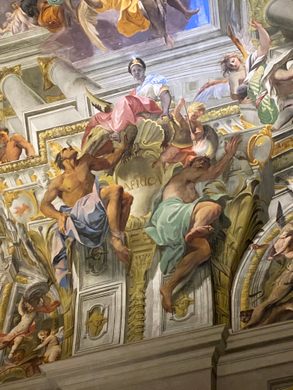

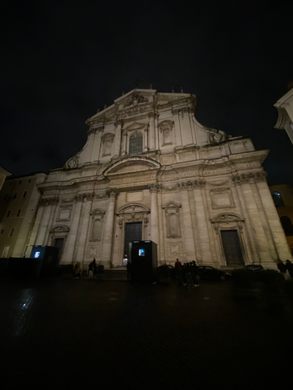

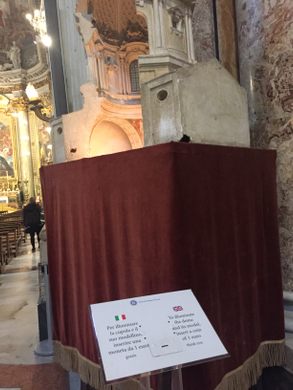

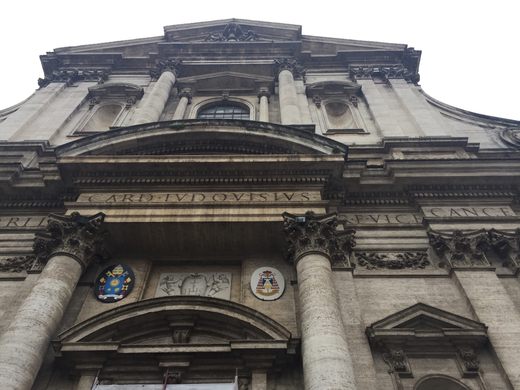

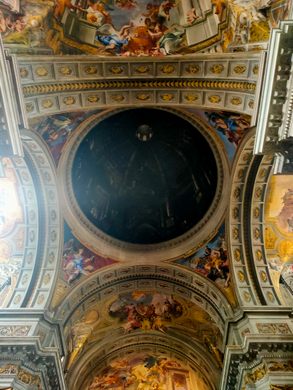














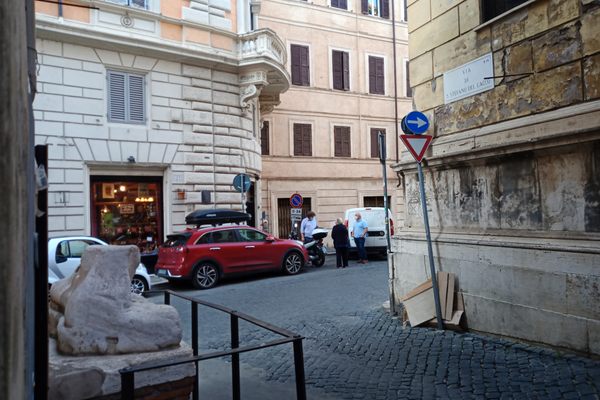


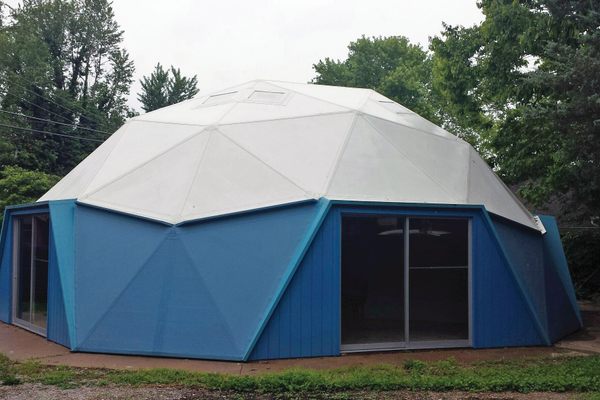

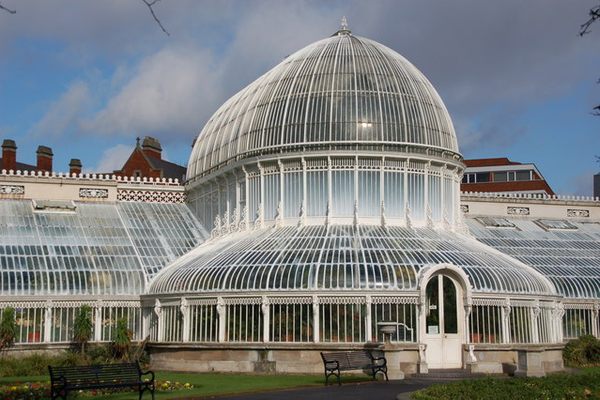
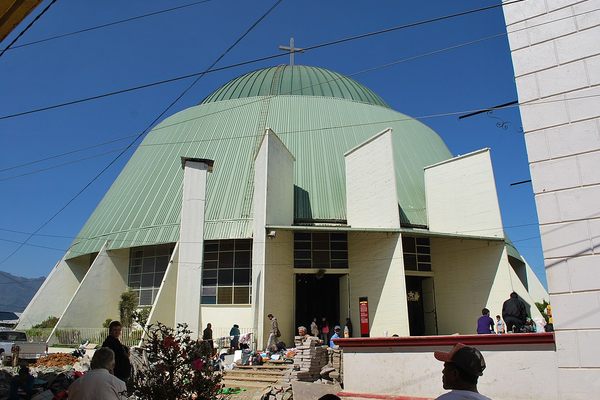

Follow us on Twitter to get the latest on the world's hidden wonders.
Like us on Facebook to get the latest on the world's hidden wonders.
Follow us on Twitter Like us on Facebook